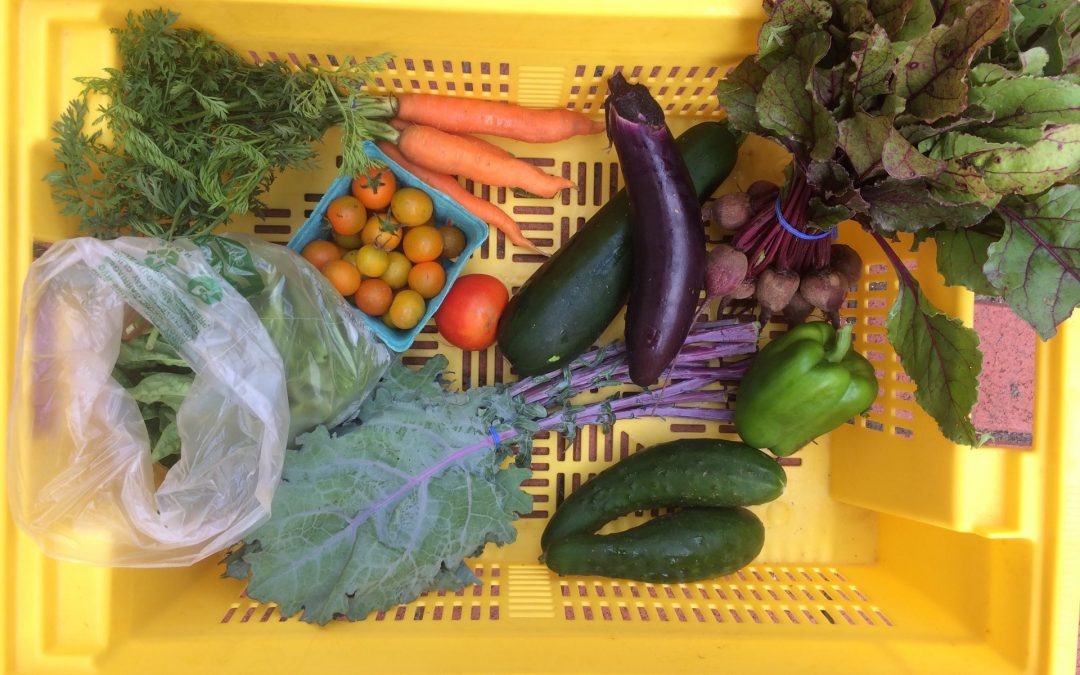Each New Year, many of us make resolutions to exercise, eat healthy and make other lifestyle changes in order to live a more health-conscious life. Often times, diet choice is a major aspect of being “healthy,” and consumers are becoming more concerned with food choices.
Latisha Franklin, a second-year graduate student studying Biochemistry and Molecular Biology made the decision to go meat-free in an effort to become more healthy. Read about Latisha’s meat-free journey and the surprising benefits she experienced from giving up meat.
Are you meat dependent?
What happened when my diet stopped depending on meat
By: Latisha Franklin, 2nd year graduate student- Biochemistry and Molecular Biology
I was born and raised down in Mobile, AL where foods are not considered well-seasoned and good until bacon grease, turkey neck bones, or any other type of meat has been added. I am not knocking them for it (it was quite pleasing to my palate), but it wasn’t until I moved here (about a year and a half ago) that I began experiencing a complete body transformation. Everything here tasted so much healthier than back home and it took some time adjusting to the difference in food preparations.
Since I had complete control over what and how I was eating, I decided to try this healthier eating and living: eating meat every other week and cooking with coconut oil or olive oil. I came to this decision not only through wanting to be healthier but because of my newly found knowledge of the actual portion of meat we should be consuming per day and the global effects of raising so many animals for food production.
It took about two months of this consistent diet change before I physically felt and saw the benefits. On my no-meat weeks I noticed:
- It saved me money. Not buying meat and replacing it with beans, potatoes, rice, leafy green vegetables proved to be cheaper than buying meat. Beans come in larger quantities and last longer!
- My mood and energy increased. I started feeling happier and less sluggish. I also didn’t feel the need to take a nap in the middle of the day anymore.
- My body feels lighter. My stomach would get this heavy feeling after eating a full meal. Now I can eat a full meal and I don’t get that heavy feeling.
Buzzfeed.com and free courses on Futurelearn.com have been a great resource for learning the best portion sizes during meals and which veggies provide the micronutrients (vitamins and minerals) we need in order to maintain healthy body functions.
For example, I just learned that romaine salads are comparable to eating kale salads, which was surprising to me because I always thought romaine lettuce was comparable to iceberg salads. Regardless this is great news for me because I’m NOT #teamkale.
Now, I don’t buy meat. If I eat meat, it’s while I’m out and I still look through the veggie options first. It’s definitely been a process and I am still trying to figure out the best way to fulfill my iron deficiency naturally, but all-in-all it’s a work in progress.
What about you? Do you have any advice to share about living a more healthy and sustainable life?
Have you made a more conscious effort to examine the foods you eat and their relationship to your overall health? Feel free to share your thoughts in the comments, below.
If you are interested in writing a guest blog about healthy eating, food systems issues, sustainable and healthy lifestyle advice, cooking or any related topic area, please contact Olivia Hort at oxh5018@psu.edu


